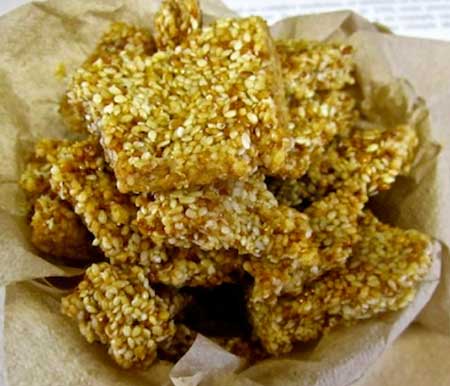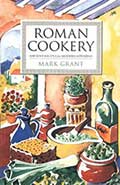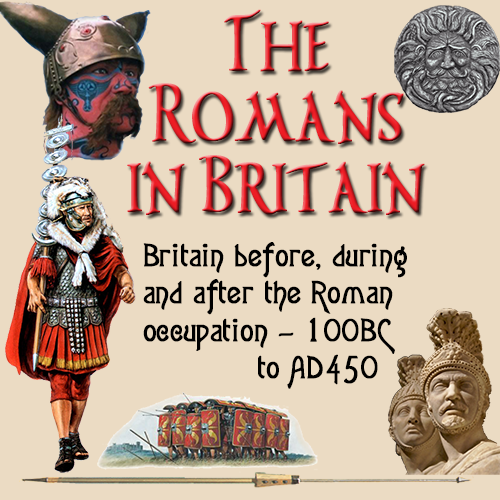Recipe for
Itrion
(Sesame biscuits)

by Athenaeus The Partying Professors

Roman Cookery: Ancient Recipes for Modern Kitchens.
Yes, this book has a new cover, but I like this one better. Blah, I am so horrible.
When Ancient Rome invaded Greece, they took away the recipe and called it itrion, or sesame biscuits.
*Note: Whilst out looking for citations for these recipes and, although I DO know this originally was lifted from Mr. Grant's fine work, I found this cool website and this recipe (of which I shamelessly borrowed their fine words — as I could do no where as good ). Go to this site, read it, love it, follow them! Lemon and Olives....
The ancients used to eat this as a dessert or sweet snack, but now a days, it’s eaten at any time. There are big companies in Greece that mass produce these bars and you can get them in any shop or kiosk. Therefore, every Greek knows about Pasteli.
The Ancient Greeks thought honey (meli -μέλι) had healing properties, and they weren’t too far off as honey does contain trace amounts of many different antioxidants. The quote, “The nectar of the Gods,” is in reference to honey being the meal of the Greek gods or an ambrosia (ἀμβροσία) – foods that the gods ate. As a matter of fact, Zeus was raised on a strict diet of honey and milk.
Sesame seeds are known to contain healthy oils, amino acids, and protein. Therefore, we can arguably call this: The World’s First Energy Bar. It’s safe to say that this recipe hasn’t changed much over the course of thousands of years that that when you’re indulge in pasteli, you’re eating the same bar that people like Plato, Socrates, Sophocles, and even Alexander the Great ate
The quality of honey will make or break this recipe. Make sure you’re not only using good honey, but it’s one that you like. Our personal favorite is greek honey. It has a completely different taste than ones you’ll find in your local market. Normally, it has a hint of thyme. The reason for Greece’s unique honey is the fact that the bees pull from over 700 different species of flowers only found in Greece, giving it a complex unique flavor.
We found that toasting the sesame seeds released their fragrance and flavor. Just make sure you don’t over-toast, or it will alter the taste.
Keeping these in the refrigerator will keep them semi-hard. Otherwise, they may get a bit sticky. You can alter this by adding some sugar to the process (see notes in recipe) which will make them hard without the need to keep them cool.
Original recipe:
Translation: Itrion: a thin biscuit made with sesame seeds and honey. Anacreon records it: "I had lunch, breaking off a small piece of itrion and drinking a flask of wine."
Ingredients
- 100g/3oz sesame seeds
- 60g/2oz clear honey
- Olive oil
Preparation
- Pour the honey into a saucepan, bring to the boil and simmer for 10 minutes.
- Add the sesame seeds and simmer for another 5 minutes, stirring frequently.
- Spread the mixture thinly on a plate that has been previously greased with olive oil.
- Flatten out with a wetted wooden spoon.
- Allow to stand for a couple of hours, then cut into any desired shape and serve.




















